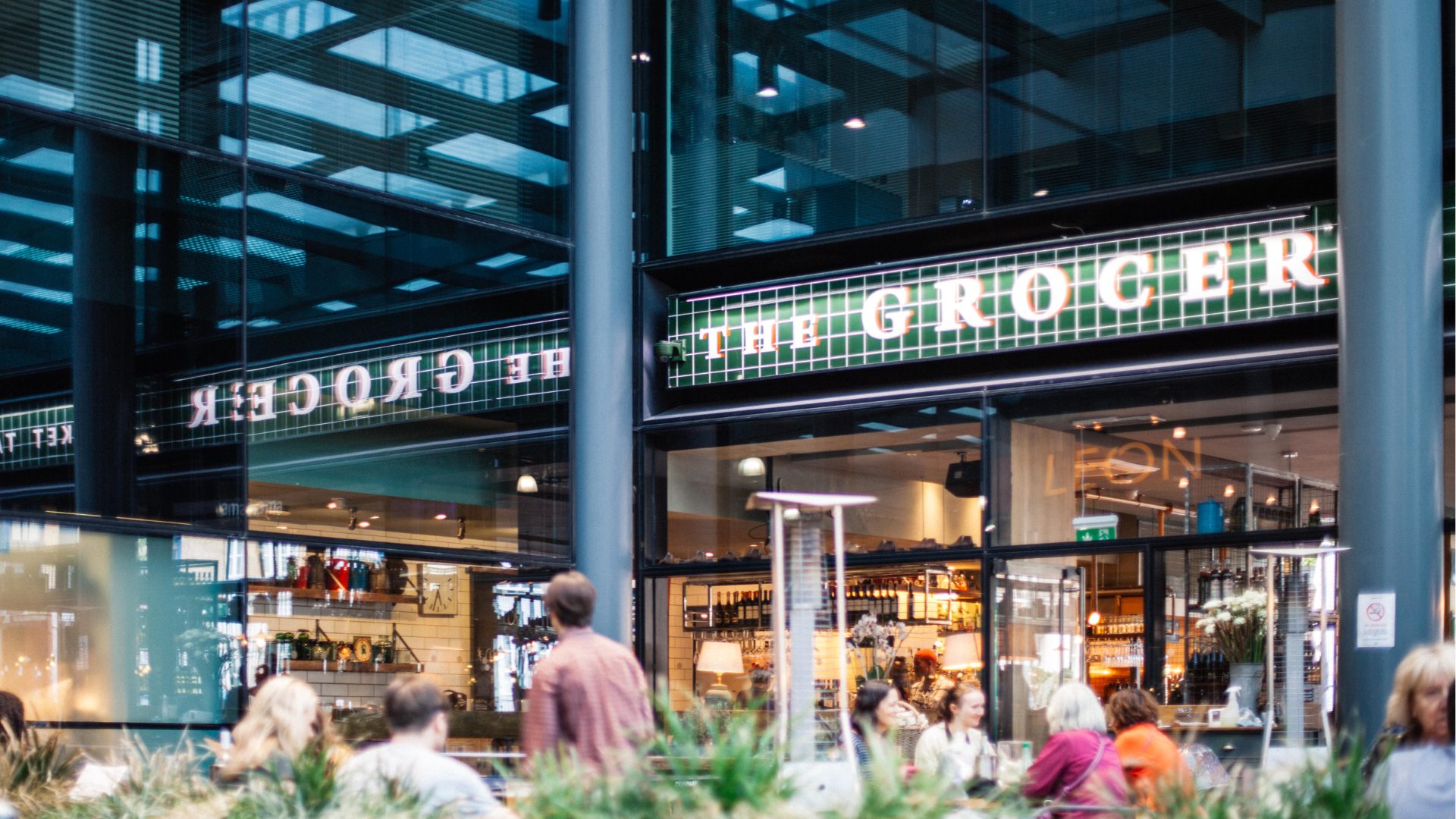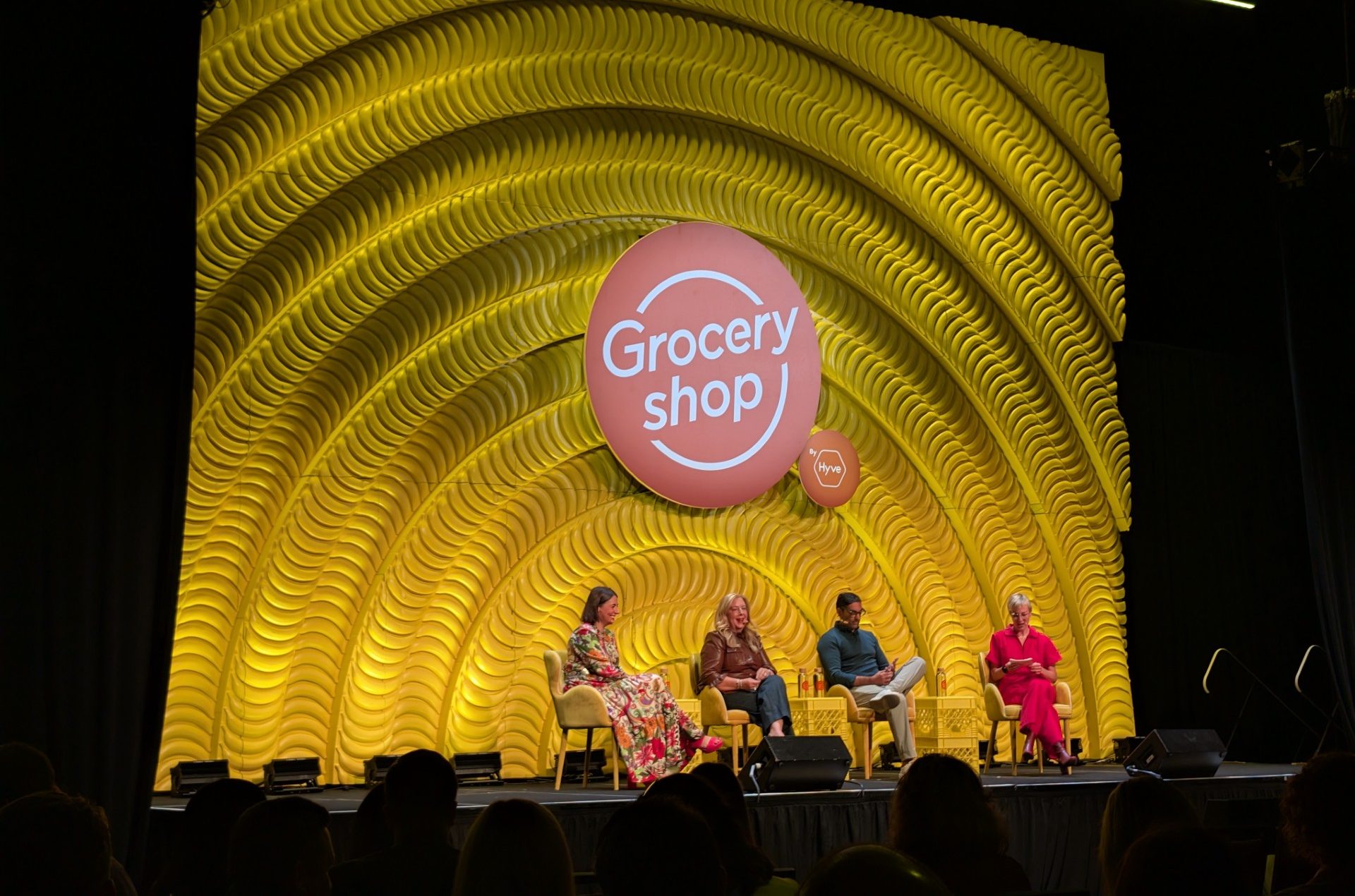It’s Plastic Free July and several companies are taking steps to become more sustainable.
Walmart, Target, and CVS launched a $15 million joint initiative to replace plastic bags over the next three years, reported Fast Company (July 21).
The Beyond the Bag Initiative, launched by the Consortium to Reinvent the Retail Bag, is a multi-year collaboration across retail sectors that aims to identify, test, and implement innovative new design solutions that serve the function of today’s single-use plastic retail bag. The three companies are leading the initiative with Closed Loop. Retailers Kroger and Walgreens also signed up.
“What is needed is a way to transport items,” said Amanda Nusz, VP of corporate responsibility at Target and president of the Target Foundation, Target’s philanthropic arm. “Hopefully, we’ll have a whole portfolio of ideas, some iterative on the bag, and some being more bold to bring a totally new concept on how we continue to offer a convenient way to transport items that’s simple, easy, joyful, and inclusive.”
The partners are inviting entrepreneurs and investors to pitch new ideas to replace the 100 billion plastic bags still used in the U.S. each year. The best ideas will enter a product accelerator with Closed Loop Partners.
“We have to approach this as an industry,” said Kathleen McLaughlin, EVP and chief sustainability officer at Walmart. “Walmart’s not going to figure that out on their own, nor is Target, nor is Kroger.”
All three of the founding partner retailers experimented with plastic bag alternatives, but none have landed on the perfect solution.
Target offers a 5-cent discount for every bag a person brings, and it charges for every bag it provides in areas where it’s a law. The bags, which are made out of 40% recycled content, can be returned for recycling at all Target stores across the U.S. Walmart added recycling instructions on its own plastic bags, and added plastic bag collection spots at 60% of stores. It also pushes reusables, selling its own reusable bags for just 50 cents apiece.
As cities ban plastic bags, the simplest solution so far has been for consumers to bring their own bags, but not everyone does.
“We prominently display them in the store, and we have cashiers offer them,” McLaughlin said. “We had a 42% increase in sales of reusable bags last year, which is great on one hand, but how much are people using them? Have they really solved the problem? I’m not sure.”
COVID-19 is only intensifying the use of single-use plastics. Some retailers began backtracking reusable bag initiatives and shoppers were no longer able to bring their own bags.
In April, New York state announced that its plastic bag ban, which was poised to take effect May 15, would be postponed reported Vox. Plastic bag makers and stores are still fighting the bag ban in court and have been able to prevent the state Department of Environmental Conservation from enforcing penalty violations since the ban went into effect March 1, reported Buffalo News (July 8).
Even San Francisco, one of the first U.S. cities to outlaw disposable plastics, issued an order preventing businesses from “permitting customers to bring their own bags, mugs, or other reusable items from home.” But as of Monday, July 13, the city’s Department of the Environment said that grocery stores may again allow shoppers to load their purchases into bags they bring from home, reported Eater (July 13).
However, CBS 6 Albany reported on July 20 that Price Chopper/Market 32 is no longer carrying disposable, single-use plastic bags in New York stores.
The change will be effective Aug. 1 and stores encourage customers to bring their own reusable bag, or to purchase one from the store. Price Chopper will also offer handle-less paper bags for 5-cents each and handled ones for 15-cents.









